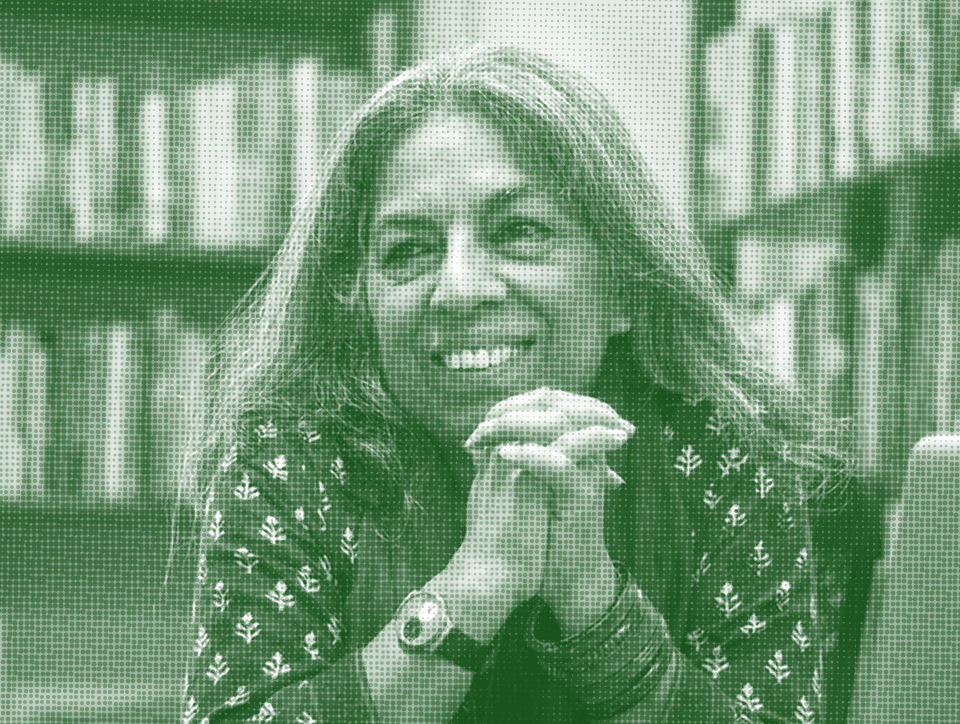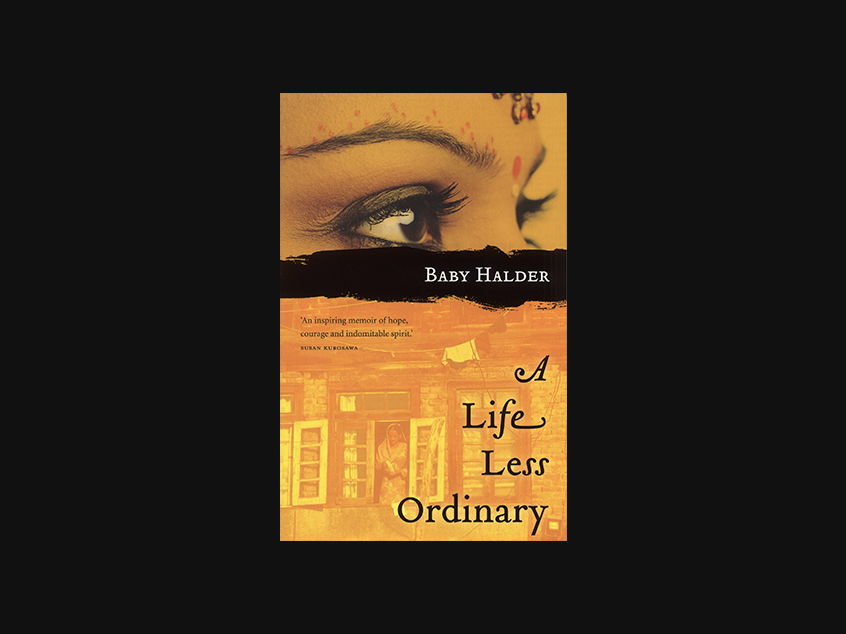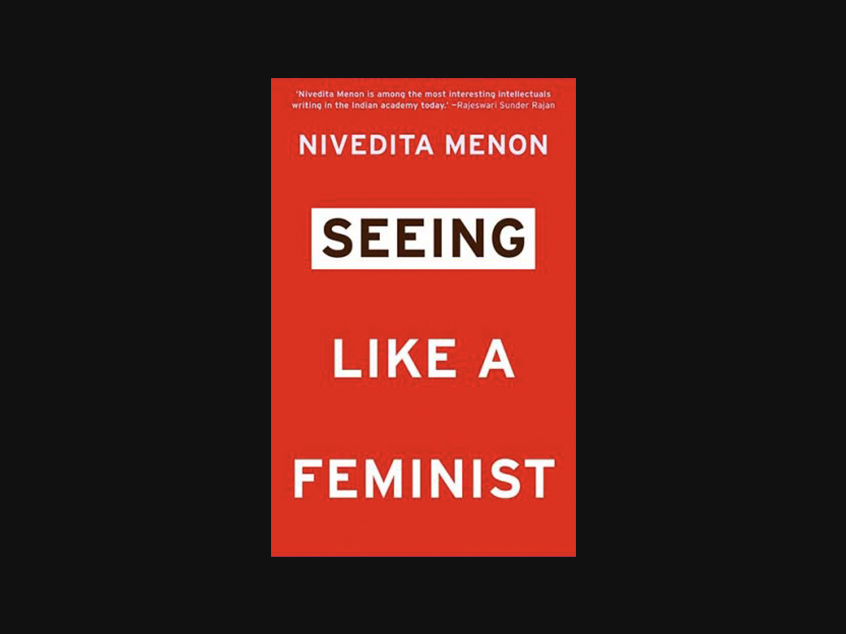
The History of Doing: : An Illustrated Account of Movements for Women's Rights and Feminism in India, 1800-1990 by Radha Kumar A a thematic history of the women's movement in India both before and after independence, this book covers the period from the nineteenth century to the present day. It looks at how women's issues were raised, initially by men and as part of the movements for social reform, and then with the involvement of women in the nationalist movement, by women themselves. Using photographs, old and new documents, excerpts from letters, books and informal writings, the author documents the growing involvement of women and the formation of the early women s organizations, she examines the foregrounding of the women's issue during the reform and nationalist movements and its subsequent disappearance from the agenda of public debate until the post independence period of the Sixties and Seventies when it surfaces again.








